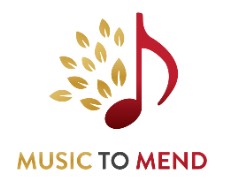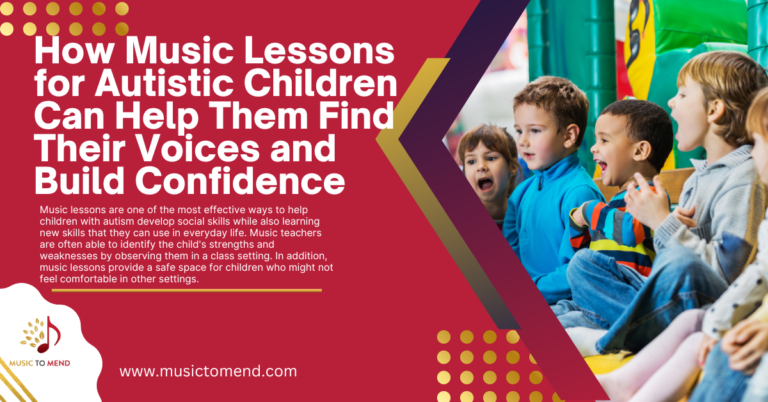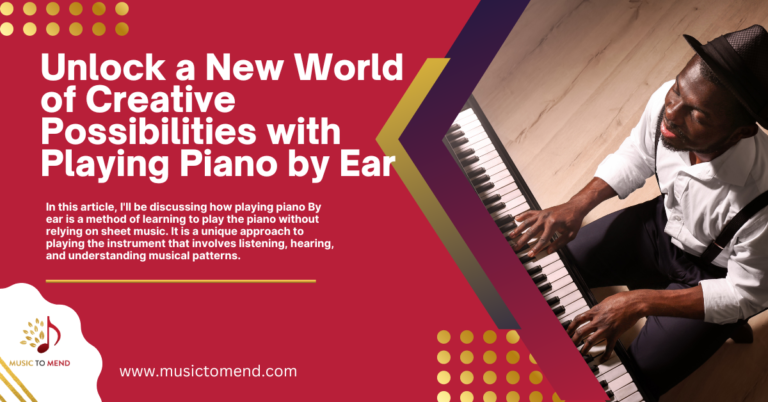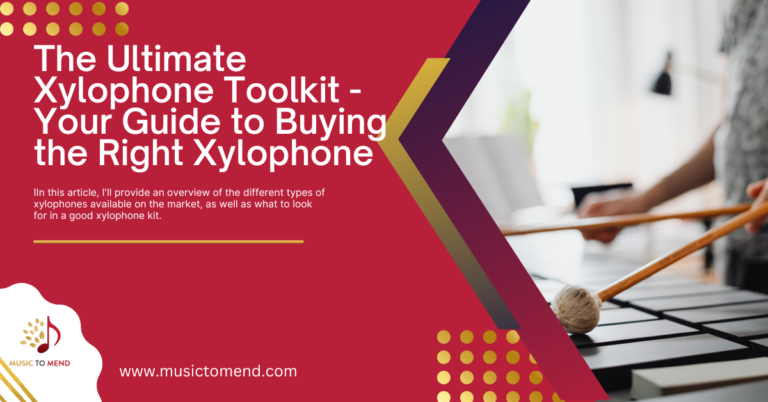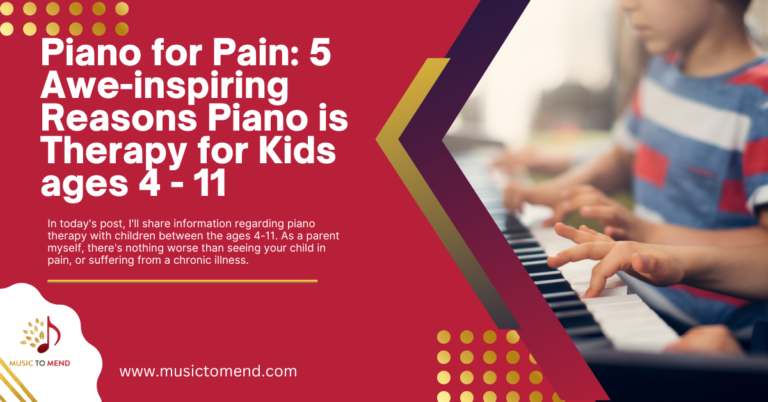5 Ways Music Lessons Can Help Manage Your Child’s ADHD Symptoms

In today’s blog post, I’ll share some musical information and helpful insights on different options for treating ADHD in children. Attention-Deficit/Hyperactivity Disorder (ADHD) is one of the most common mental disorders affecting children. Symptoms of ADHD include inattention (not being able to keep focus), hyperactivity (excess movement that is not fitting to the setting), and impulsivity (hasty acts that occur at the moment without thought). ADHD is considered a chronic and debilitating disorder and is known to impact the individual in many aspects of their life, including academic and professional achievements, interpersonal relationships, and daily functioning (Harpin, 2005). ADHD can lead to poor self-esteem and social function in children when not appropriately treated (Harpin et al., 2016). Adults with ADHD may experience poor self-worth, sensitivity towards criticism, and increased self-criticism, possibly stemming from higher levels of criticism throughout life (Beaton, et al., 2022). Of note, ADHD presentation and assessment in adults differs; this page focuses on children. Psychiatry.org
For additional information I created via video format, you can click here to view it.
The good news is that for those parents who opt-in (not choose)–this is a judgment-free zone– in adding medication to their child’s therapy; I’m here to show you how adding music to your child’s toolbox of mental health aides can have magical, healing effects, not only for short-term positive results but introducing music into your child’s life can have long-lasting positive effects such as better focus, improves social skills and helps in maneuvering behavioral gaps within society.
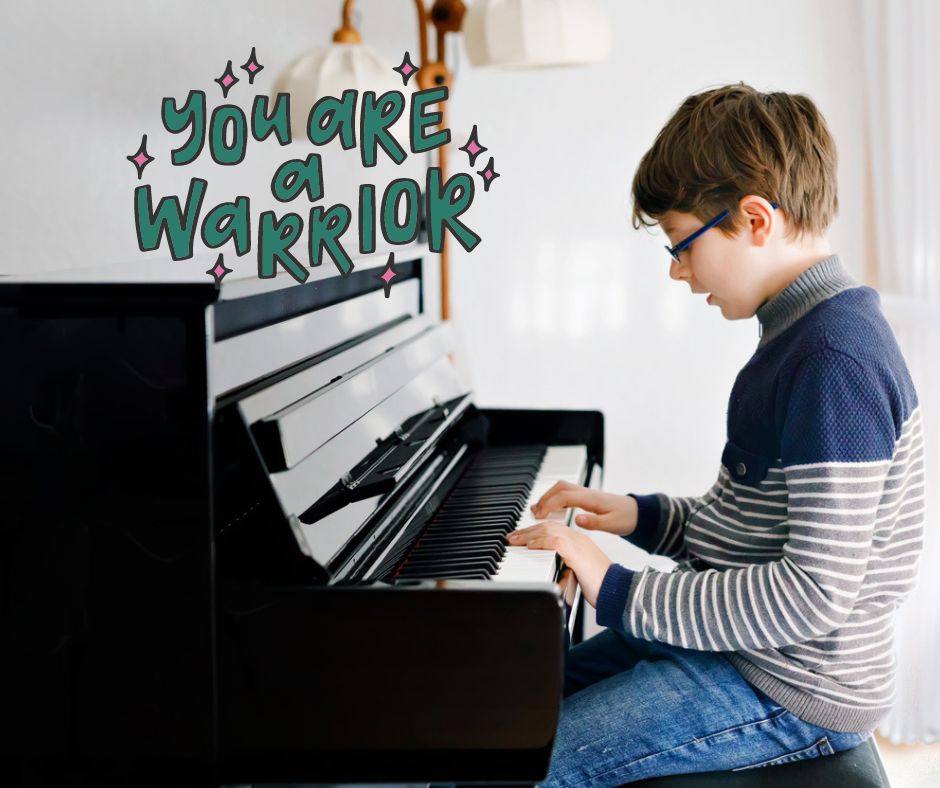
Playing a beautiful, simple song on the piano, beating a small drum along with spicy Salsa music, and playing the xylophone while concentrating on holding the mallets; these are a few examples of how making music can bring joy, focus, and happiness back into your child’s life, as well as that of the family as a whole!
So, buckle up, grab your favorite beverage and let’s dive right in!
It’s important to do some research before finding a music program for your child; a few questions to ask your child:
- Would you like to play an instrument?
- If yes, are you interested in a particular instrument?
- Ask them why, and then start a conversation about how they see themselves playing that instrument; do they know someone who plays the same instrument? Did they see their sibling playing it? Did they see someone on TV playing it? Finding out how your child can see themselves playing a particular instrument will help you gain insight into the type of instrument (or instruments) they like; remember, encourage your child’s imagination to run wild, and allow them to be creative and truly listen to them.
Bonus tips:
- Don’t immediately start them in piano lessons if they are not interested in it. They’ll be bored, and you’ll be wasting your money!
- Do research the instrument they say they have an interest in.
- Don’t immediately run out and buy the most expensive instrument out there; there are numerous options out there where you can find used, in good condition instruments; e-bay, Facebook groups, check your local music stores, etc. The sky is the limit here!
- For additional low-impact musical instrument ideas, check out my blog post: 15 Low-Impact Musical Instruments
- The idea here is to help you see the importance of using music as therapy in your child’s journey to healing! Music as therapy has been underutilized, and it’s time to start advocating for its magical healing powers!
Types of music instruction/lessons
There are many types and methods you can use to get lessons delivered to your child. There are online lessons, which I specialize in; music schools in your area often offer various lessons on various instruments, and again, the way a student can learn is limitless! Finding the right teacher, the right setting, etc., should all be at your child’s convenience to minimize any type of unsettling behavior, confusion, or trepidation.
Here are the five ways music lessons can help manage your child’s ADHD symptoms so they can function well at home and in school:
1. Using games to learn a new instrument
Using games during piano lessons and practice should be incorporated into the lesson; ask the teacher what types of games are played in the instrument’s instruction. Playing games is a natural way to teach students better retaining the material and sharper focus, making the child want to continue the lessons.
2. Lessons should be given in small and manageable steps
Ask the teacher how long each lesson will be; lessons given in short segments, say 20 or 30 minutes, should be acceptable, especially if your ADHD child has problems sitting still. The first few lessons should be short enough for the teacher and student to learn the rhythms of embarking on a new relationship; if the teacher sees the child is overwhelmed, that’s the time to restructure the plan; the lessons should be flexible, with the child’s best interest first and foremost on everyone’s mind!
3. Short and bit-sized homework activities
The instrument a child chooses and the relationship with their instructor is important. Parents need to ensure they understand the expectations of the music teacher. Ask the teacher what types of homework assignments will be required. Or, ask them if their program requires a certain amount of time practicing, 30 minutes a day, etc.
4. Repetition and routine are important
Children with ADHD do best when they know routines will stay the same. Developing a predictable practice routine is essential. Children with ADHD or other behavioral challenges need structure, and having a clear picture of the forthcoming activities in a lesson is a necessity.
5. Practice mindfulness
If you or your child decide not to learn to play an instrument, that’s ok; Try listening to music. Simply listening to music improves attention and helps children focus on tasks that would otherwise be too difficult. Listening to music and making it part of your child’s daily routine can make a great difference in their behavior in a positive way. Mindfulness means practicing being in the moment and being aware of the present moment with their own senses.
Finally, if you or someone you know have a child with ADHD, consider introducing music and allowing everything musical into their life. Music for children with ADHD can be a game-changer in how a child deals with the symptoms of the disease. Music can help with focus, improve behavioral problems at school and at home, bring calmness and joy into their lives, etc. I hope you enjoyed this blog post and consider introducing music to your child.
Until next time, stay well and happy music-playing!
Bea
Click below to listen to some beautiful, soothing music:

Artist: Vusal Zeinalov, Caspian Sea
